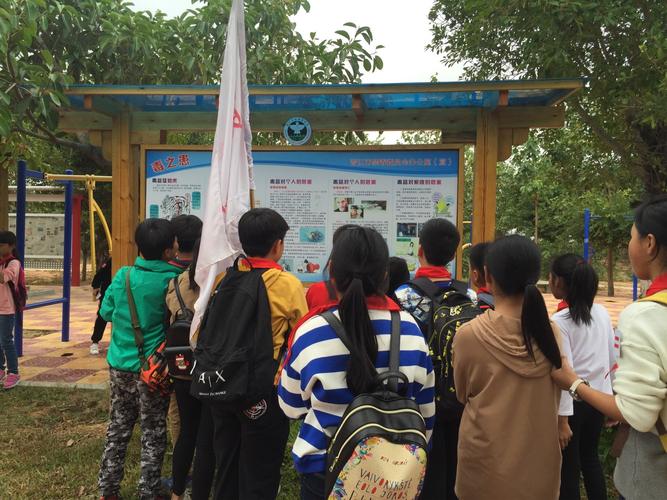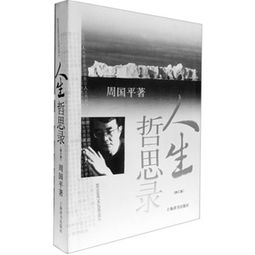Exploring Literary Inspirations: A Guide to Literary Excursions
Are you ready to embark on a journey through the realms of literary inspiration? Whether you're an avid reader, a budding writer, or simply someone seeking creative stimulation, engaging in literary excursions can be a profoundly enriching experience. In this guide, we'll delve into the world of literary field trips, offering insights into how to conduct them and where to find inspiration.
1. Choosing Your Destination
The first step in planning a literary excursion is selecting the destination. This could be a physical location, such as a museum, library, or historic site, associated with a particular author or literary movement. Alternatively, it could be a virtual destination, such as an online archive or literary forum, where you can explore texts, discussions, and resources related to your area of interest.
2. Researching Your Topic
Once you've chosen your destination, it's time to delve into research. Familiarize yourself with the author or literary movement you'll be exploring, and make note of key themes, motifs, and historical contexts. This will not only deepen your understanding but also enhance your appreciation of the works you encounter during your excursion.
3. Engaging with the Environment
Whether you're visiting a physical location or exploring online resources, immerse yourself fully in the environment. Take your time to observe, reflect, and absorb the atmosphere around you. Pay attention to details such as architecture, landscapes, and artifacts, as these can provide valuable insights into the cultural and historical contexts of the literature you're exploring.

4. Connecting with Fellow Enthusiasts
One of the most rewarding aspects of literary excursions is the opportunity to connect with fellow enthusiasts. Strike up conversations with other visitors, exchange ideas, and share your perspectives on the works you encounter. You may be surprised by the insights and inspiration you gain from these interactions.
5. Documenting Your Experience
As you explore, be sure to document your experience through writing, photography, or other creative means. Keep a journal to record your thoughts, impressions, and discoveries. Take photographs to capture memorable moments and visual details. By documenting your experience, you'll create a tangible record of your literary journey to look back on and share with others.
6. Reflecting on Your Insights
After your excursion, take time to reflect on the insights you've gained and the connections you've made. Consider how your experience has deepened your understanding of the literature you've explored and how it might influence your own creative endeavors. Allow yourself to be inspired by the richness and diversity of the literary world.
7. Planning Your Next Adventure
Finally, use your literary excursion as a springboard for future adventures. Explore new authors, genres, and themes, and continue to seek out opportunities for literary exploration and discovery. With each new excursion, you'll enrich your understanding of literature and cultivate your own unique creative voice.
In conclusion, literary excursions offer a wealth of opportunities for exploration, inspiration, and enrichment. By choosing your destination, conducting research, engaging with the environment, connecting with fellow enthusiasts, documenting your experience, reflecting on your insights, and planning your next adventure, you'll embark on a journey that will deepen your appreciation of literature and ignite your imagination. So pack your bags, open your mind, and prepare to be transported to new literary horizons. Happy exploring!











